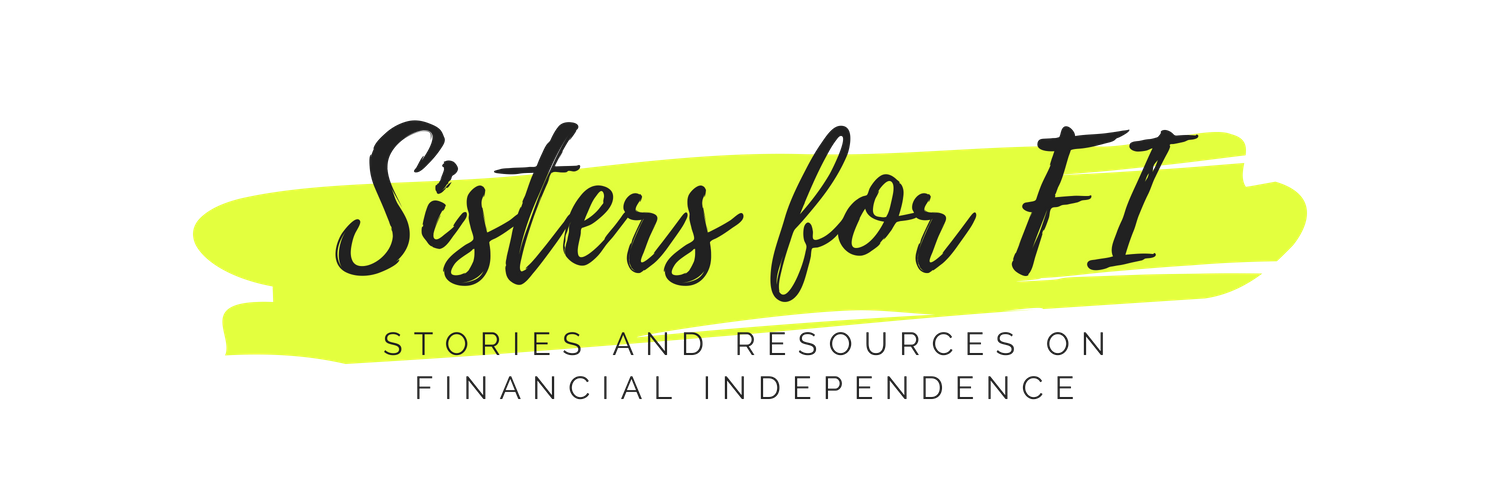Give a man an education and he will build a new world, but give a man a loan and you can own that man forever.
It’s been 10 years since I graduated from grad school. I still proudly hang up my diploma because it put me on a better path for my career and my income. It was also FREE. No loans, no debt, no soul to be sold. With that, I thought I might offer some ways to help reduce debt if you are a college student or have a child that is about to head to college.



















